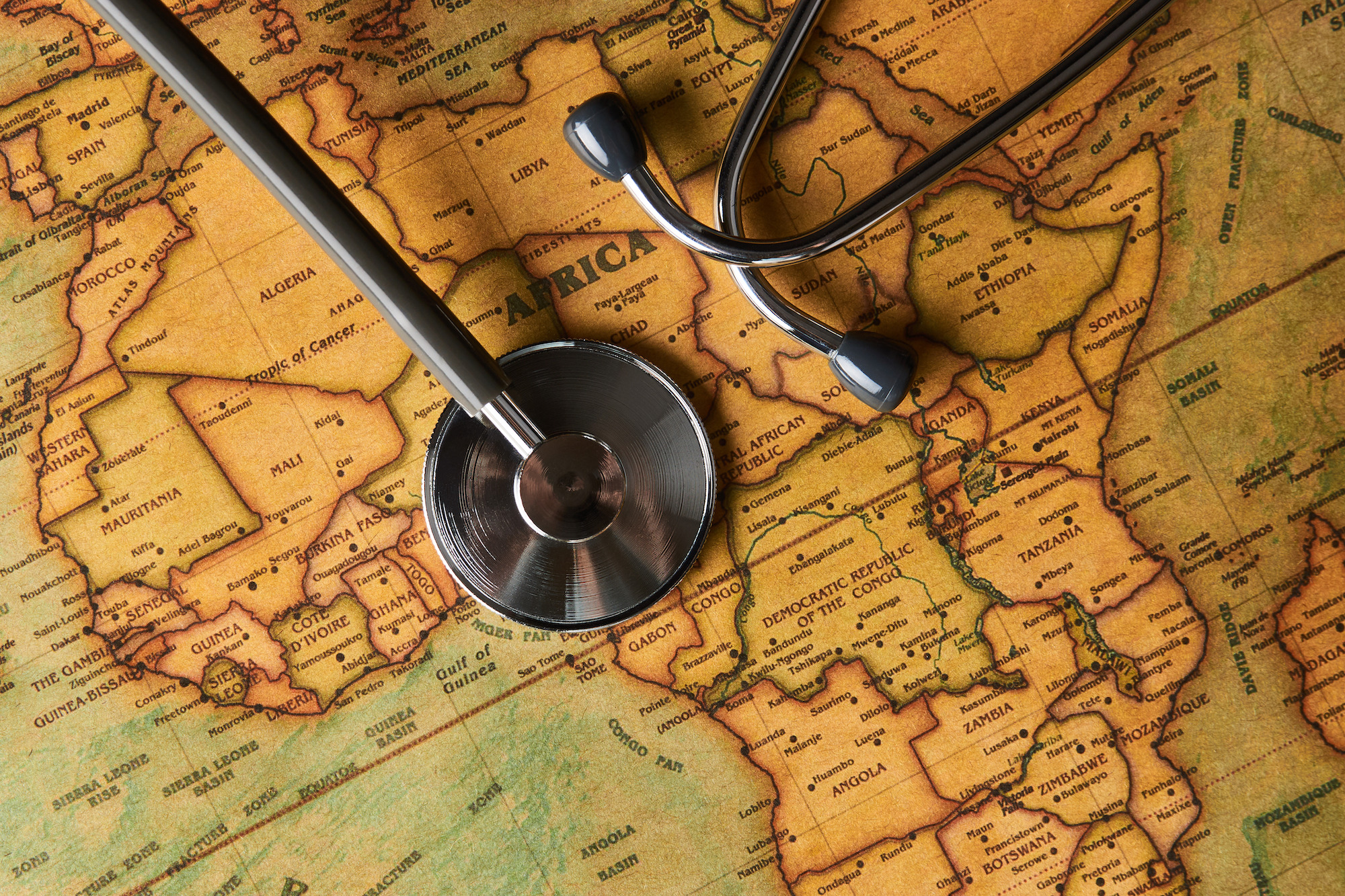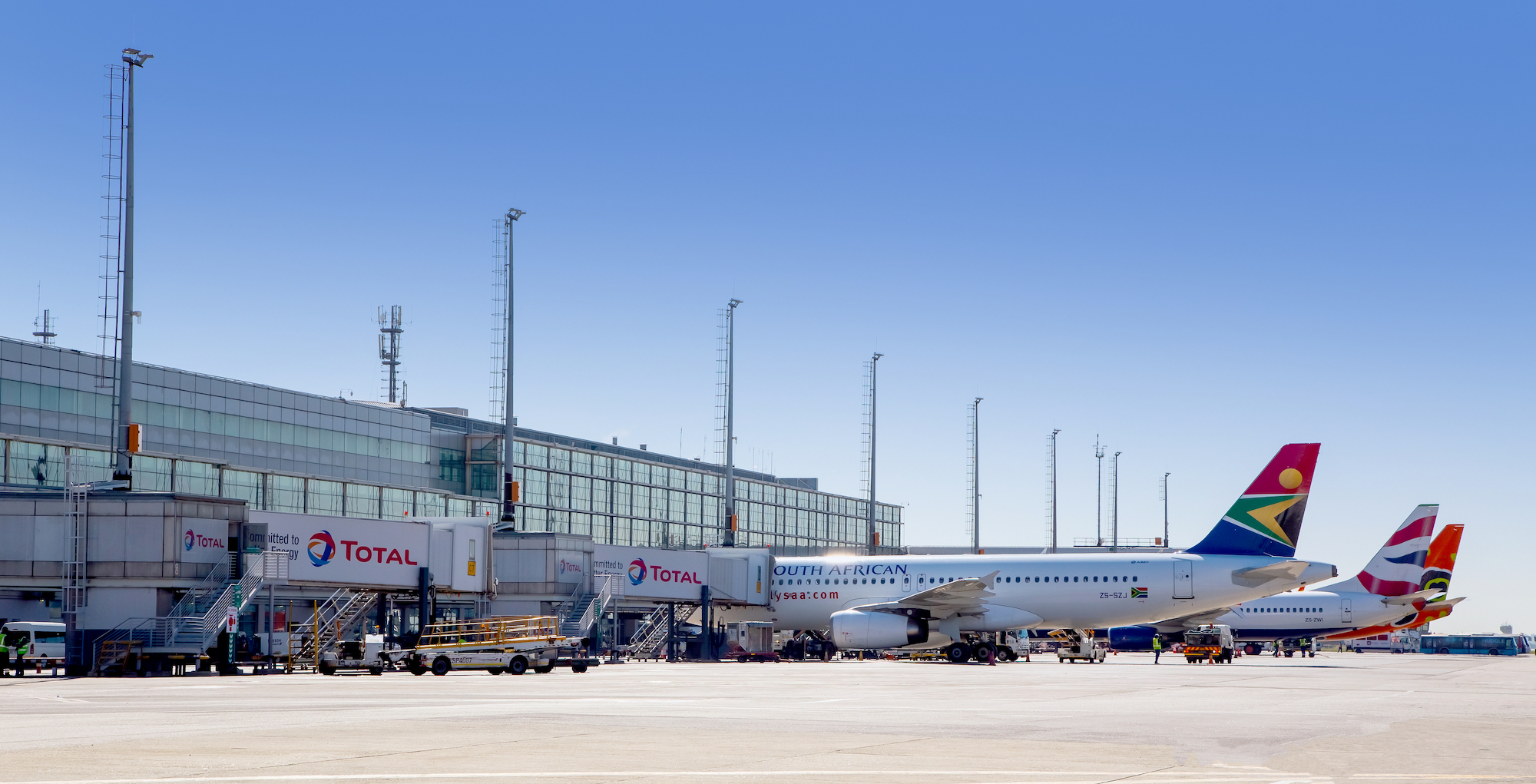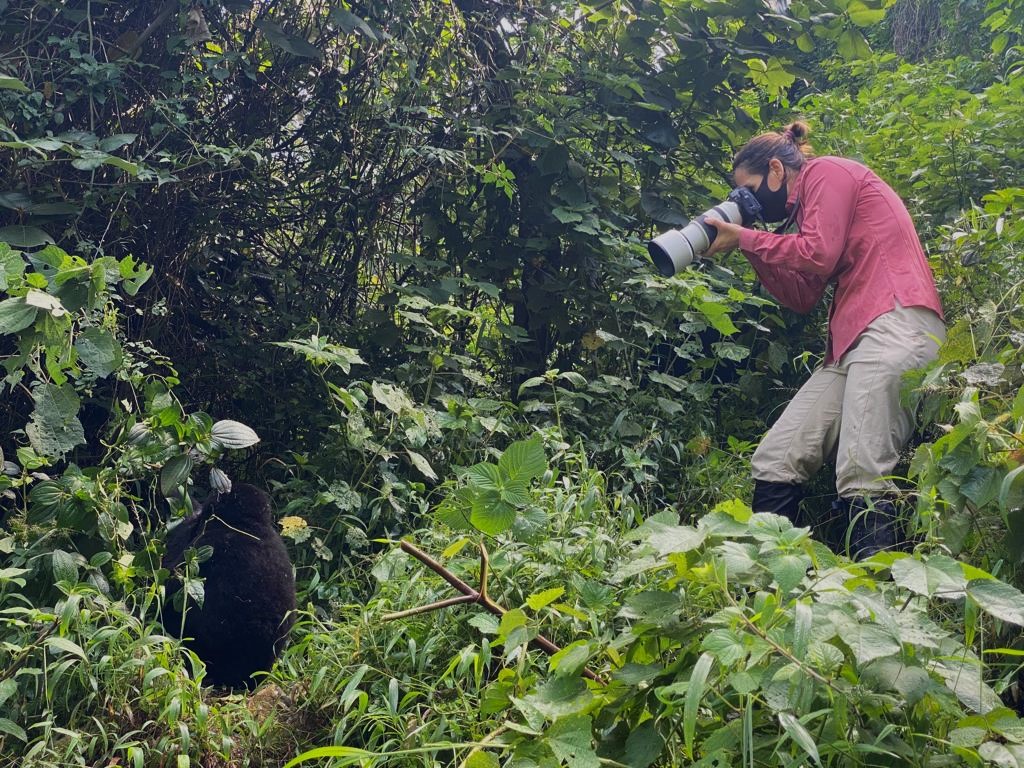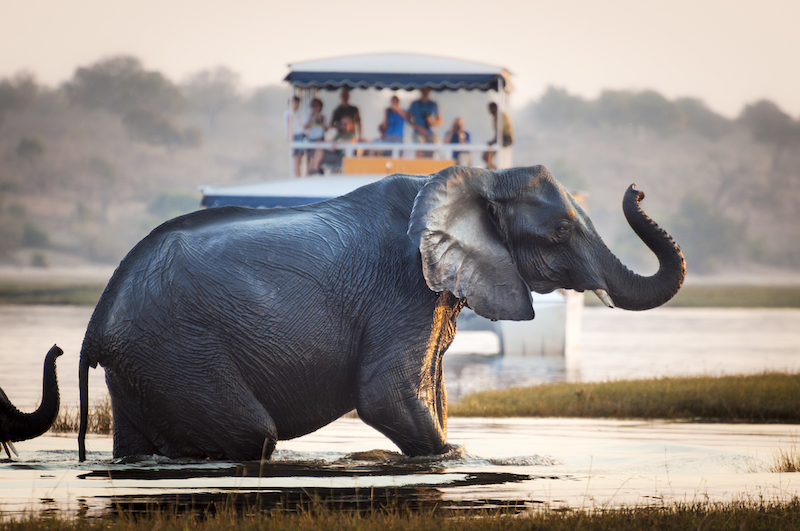WHAT VACCINATIONS DO I NEED FOR SAFARI?
Individual African governments may have specific vaccination requirements in place to protect visitors and residents but, overall, the vaccination protocols for safari are not onerous at all. Many are suggested rather than compulsory and, in discussion with your doctor or travel clinic, you can choose which make the most sense for you and your family.

What’s covered in this guide
Explore the highlights of this post with ease by using the table of contents below to navigate to sections of interest.
Are Vaccinations Compulsory?
Some countries may impose mandatory vaccinations as a condition of entry to protect travellers like yourself, as well as citizens, from illness. In this case, it is compulsory to prove you have had the vaccine and you will not be allowed to leave the airport or border post if you cannot do so. Tanzania, for example, has a mandatory vaccination policy for those coming from or passing through yellow fever zones.
If a government has a mandatory requirement, then all travellers must comply with it. It is not an ‘optional suggestion’ but a protection in place to curb the spread of disease.
Please note that governments respond to changing situations and new regulations or requirements might come into place at any time. Always check the latest information at least two months before you depart to ensure you are compliant. There are currently very limited mandatory requirements.
Are all ‘recommended’ vaccinations necessary?
Many organisations, such as the Center for Disease Control (CDC), post a long list of recommended vaccinations when travelling to African countries. They suggest the broadest range of protections to cover the widest range of situations, from a holidaymaker to a healthcare worker in an emergency situation. The needs of a vacationer are very different to that of an aid worker but the CDC has to cover both.
Discuss which recommendations are relevant to your specific health conditions and safari plans with your doctor or travel clinic. Safari travel is incredibly safe and it is highly unlikely you will contract serious diseases like rabies, cholera, Mpox or diphtheria for which vaccines are routinely suggested.
If you are severely immunosuppressed, then discuss your travel plans with your doctor to ensure you can maintain your regime while on safari. Not all suggested vaccinations may be relevant to your situation and many are not needed.

Common vaccinations help keep you safe on long-haul flights.
Which Precautions Do We Recommend?
As safari lovers and travel professionals with years of real-life experience, we find that some travellers fall ill on long-haul flights especially with ailments like flu, colds or food poisoning. To ensure you are as healthy as possible for your safari:
- Be as healthy as you can be in the run-up to departure
- Consider wearing a mask if appropriate
- Wash your hands regularly
- Wipe down surfaces such as tray tables and in washrooms
- Take immune boosters or multivitamins
Gorilla Trekking: Mandatory Health Requirements
A special case is gorilla trekking in Uganda, Congo and Rwanda. All species of gorillas are highly susceptible to diseases carried by humans and an outbreak of a common respiratory ailment could decimate a vulnerable gorilla family. With numbers already low, as many precautions are possible are in place to protect Africa’s last remaining great apes.
This means that:
- You will not be able to trek if the trek leader declares that you are ill. A simple cold could kill a gorilla. His or her decision is final and refunds on permits may not be possible.
- It is compulsory to wear a mask during the hour you spend near the gorillas. You will not be permitted to see if them if you refuse to wear a mask. You will also be made to leave if you remove your mask.
For these reasons, please be as healthy and fit as possible when you trek. Trekking can be physically demanding as you will be walking at altitude in humid conditions on possibly steep terrain for several hours. Good fitness and overall health are required. We suggest considering a flu vaccine before departure to protect yourself on the long flights to East and Central Africa.

Biggestleaf staffer Roanna wears a mask while photographing gorillas in Uganda.
Useful Vaccinations for Safari
While not all vaccinations are necessary, some common ones could be considered such as:
- Tetanus (to prevent infection in the unlikely event that you are injured and unable to reach medical help quickly)
- Covid-19 (international airports are hubs for new infections)
- Flu (again, flights are flu incubators)
Obviously any mandatory vaccinations required by law are non-negotiable. Common vaccinations against influenza, for example, will help keep you healthy so you can enjoy your safari rather than being laid up in bed.
We pride ourselves on clear, honest advice. Please do not hesitate to ask your Biggestleaf Travel consultant for information on vaccinations and staying healthy on safari.











